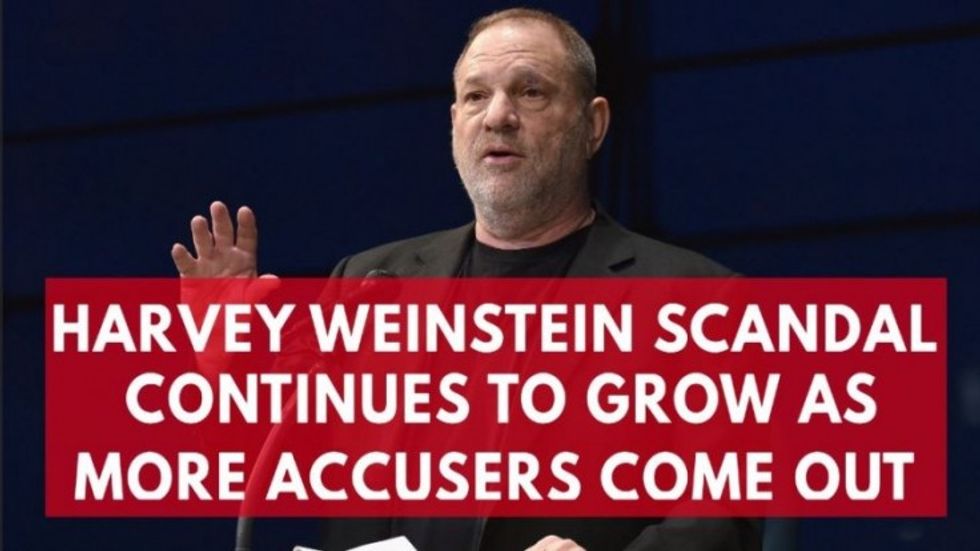In the early 1990s, Rosanna Arquette was told to meet Harvey Weinstein in his hotel room to pick up her script. He met her in his bathrobe and forced her to touch him. When Arquette refused his advances, Weinstein told her she was making a mistake.
“I will never be that girl,” Arquette recalled telling him. She went on to star in several other films, including “Pulp Fiction”, and attempted to avoid Weinstein the rest of her career.
Rosanna Arquette in Pulp Fiction, 1994
The Weinstein Company fired its co-founder Harvey Weinstein on October 8 after uncovering three decades worth of sexual allegations. According to testimonies, Weinstein invited at least 30 aspiring actresses, most in their early- or mid-20s, to what they assumed was a business meeting, then proceeded to bring them to a hotel room with promises of boosting their career if they accepted his advances. Working for Weinstein could mean waking him up and putting him to bed, remaining present while he bathed, or being forced to give him a massage, tasks these women found disturbing and traumatizing. As for the women who stood up to Weinstein and threatened to go public, Weinstein paid them off, negotiating deals with their lawyers to keep quiet.
Ironically, Weinstein won not only artistic awards including 6 best-picture Oscars, but humanitarian awards as well. At the same time as receiving an allegation, he created the documentary “The Hunting Ground”, which examines campus rape. He also marched in a women’s parade at the Sundance Film Festival in January in Park City, Utah. This proves how much his outer success fooled the public and contrasted his inner, behind-the-scenes motives.
In the aftermath of the Weinstein scandal, several other Hollywood stars and corporate employees have decided to go public. Terry Crews, an American actor, shared his own story of sexual assault from a Hollywood executive. Producer Isa Hackett came out with sexual harassment allegations against Amazon Studios head Roy Price. Their assaulters had used fame and power to manipulate them into silence.
Sexual assault is not just a phenomenon of Hollywood or powerful businesspeople. It is here, it is abroad, it is that unspoken taboo we try to avoid. But let’s face it. The more we avoid it, the more it’s swept under the rug.
As the Dalai Lama says, “It is not enough to be compassionate. YOU MUST ACT.”
The bystander effect is a social phenomenon in which individuals are less likely to help an individual if more people are present. The bystander effect is caused by several factors including diffusion of responsibility (it’s not COMPLETELY my fault—they could step in too!), ambiguity (am I sure this person needs help?), and cohesiveness (they’re not helping, so I probably don’t need to help either).
We can fight the bystander effect with 5 steps:
- Notice: Be aware of your surroundings.
- Interpret: Is someone in danger?
- Take responsibility for circumstances around you. Do not ignore the dangerous situation affecting another person.
- Determine your action plan. Do you need to break up a fight? Call the cops?
- 5.Take Action.
According to Seth McFarlane, Weinstein’s behavior was known as Hollywood’s “open secret”. Many people knew what he did to women, yet no one stepped in for 3 decades! If someone had exposed him sooner, his inappropriate behavior might not have traumatized over 30 women.
The bystander effect needs to be stopped and it needs to be stopped now. Sexual harassment is never okay, and neither is failing to act. Learn to take action.






















